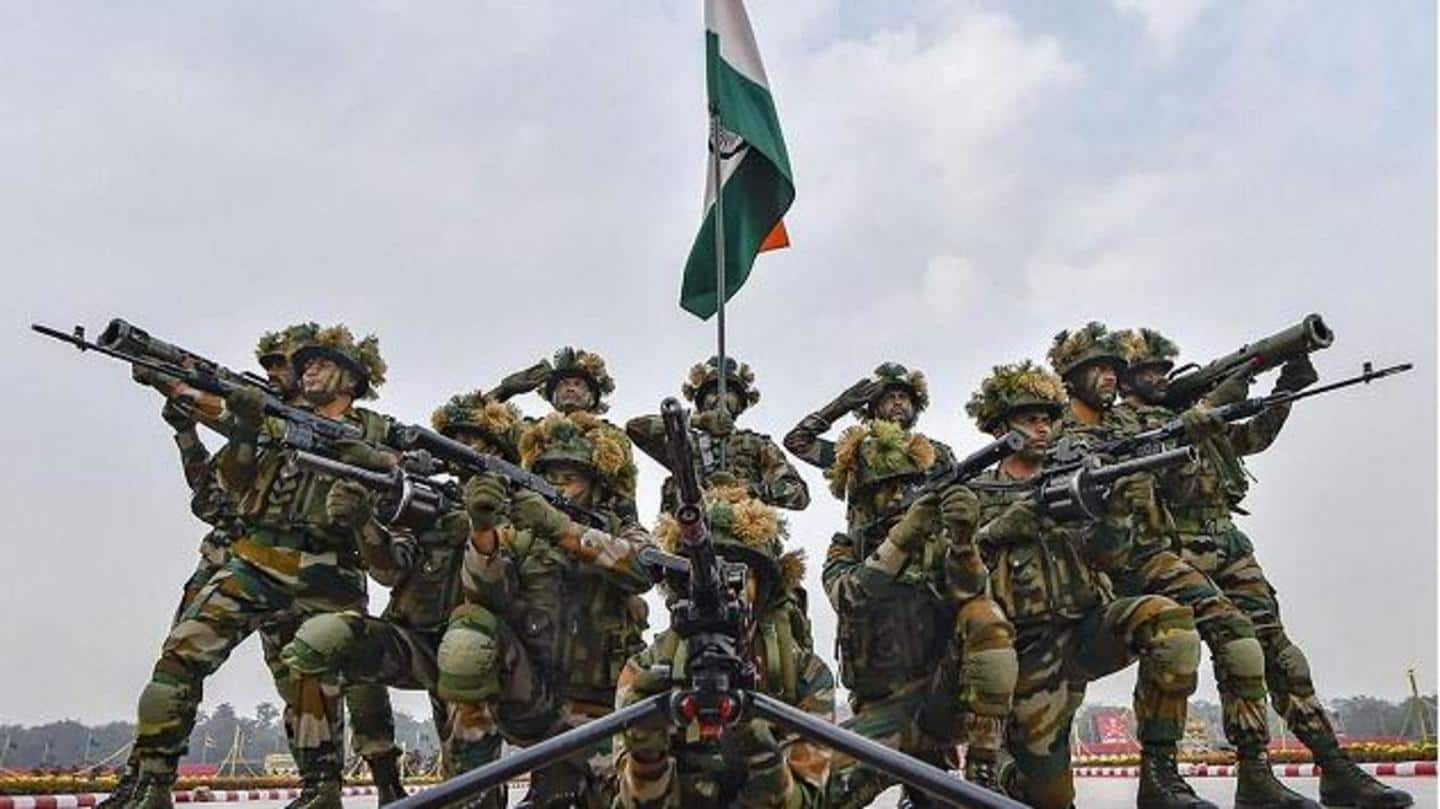
Defence Ministry mulls merit over seniority for top military posts
What's the story
The Defence Ministry is examining a proposal to select officers for top military posts like the Commanders-in-Chief (C-in-C) in the Army, Navy, and Air Force based on merit rather than seniority.
The proposal reportedly aims to unroll a "more progressive, common, and merit-based" policy for promoting officers to the three-star ranks (Lt. Generals, Vice Admirals, and Air Marshals) in general and C-in-C in particular.
Details
A tri-Service committee will be formed to study the proposal
This comes as the country is gearing up for a tri-Service theater command to build an integrated land-air-sea war-fighting machinery.
Citing sources, The Times of India reported that a tri-Service committee will be formed comprising "the vice chiefs of the Army, Navy, and IAF...to study the proposal and recommend suitable merit-based criteria for selection of C-in-C."
Concerns
Some fear it will lead to politicization of top ranks
However, serious concerns were raised by some quarters of armed forces who believe it would lead to the politicization of top ranks.
"A handful of officers reach three-star ranks after being assessed on merit at every step in their careers. Why tinker with a policy that has worked well for decades? This 'deep selection' will lead to politicization of top ranks," an official said.
Information
What is the present criteria to select military top brass?
Currently, one's promotion to C-in-C is based on their dates of birth and commissioning.
In Army, one must have a three-year residual service from the date of approval as Lt. General to command the corps. After commanding the corps, they should have 18-month residual service to be promoted as C-in-C.
The residual service clause for C-in-Cs in the Navy/Air Force is one year.
Quote
'If there is vacancy, promotion to C-in-C is automatic'
An army official said existing policy ensures promotion to C-in-C is automatic depending on the vacancy, adding, "With the date of birth, qualifying residual service and commissioning seniority being the all-important criteria...promotion of Lt. Generals to the C-in-C rank is automatic if there are vacancies."
Background
Previous governments mostly followed seniority criteria for appointments
With few exceptions, the previous governments mostly followed seniority criteria to appoint military chiefs.
However, one exception was General Bipin Rawat's appointment as Army Chief in 2016. He was selected by the government, superseding two Lt. Generals senior to him.
Notably, in 2019, while hearing a petition by a retired Lt. General, the Supreme Court advocated for a fine balance between merit and seniority.